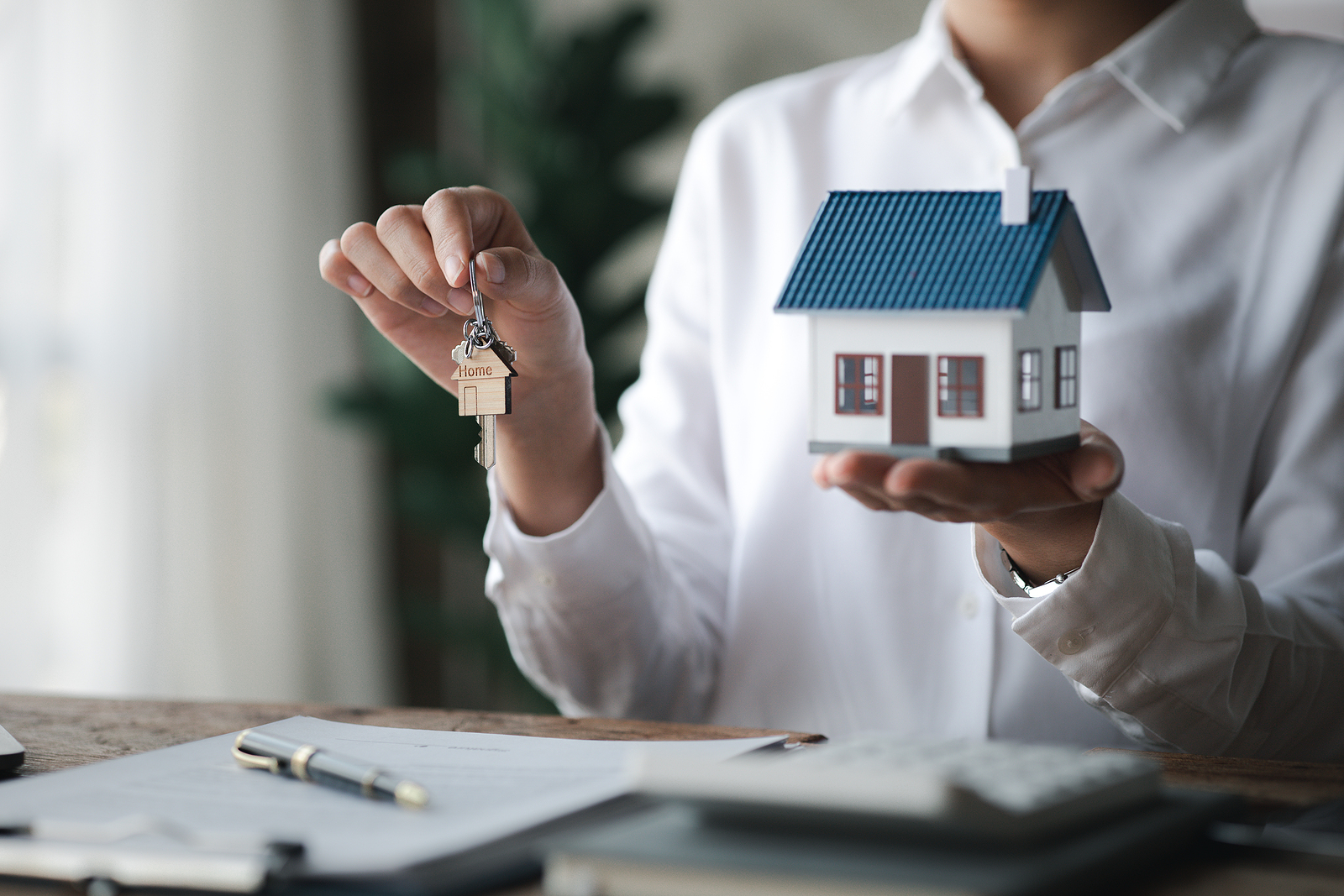The number of Americans filing for bankruptcy increased 20% this past January compared to January 2022.
There are a number of reasons for the increase, according to economists. Topping the list is the “end of pandemic funding,” but “… rising interest rates and high inflation continue to stress household budgets,” says Kristopher J. Brooks with Money Watch at CBSNews.com.
Tens of thousands of Americans went through the process, came out the other side and are chomping at the bit to buy a home. Let’s take a look at some answers to the more common questions about buying a home after bankruptcy.

Bankruptcy and your credit score
Yes, the fact that you discharged your debts in bankruptcy will end up on your credit reports and lower your credit score. In fact, your score may fall more than 200 points, according to Barry Paperno at Marketwatch.com.
“But for people in dire straits, bankruptcy is a last resort that can help them liquidate assets, discard or pay off debts, and get some financial relief.” In other words, it’s a good option if you’ve nowhere else to turn.
You are now considered a subprime borrower and will pay more for any credit that you receive, initially. To build a new credit rating, however, you will need to responsibly use credit, such as credit cards.

So, how long will this take?
The length of time it will take to purchase a new home after bankruptcy varies. A Chapter 7 bankruptcy will remain on your record for 10 years. A chapter 13, on the other hand, “… generally remains for seven years from the filing date,” claim the experts at Capitalone.com. Find out the difference between a Chapter 7 and Chapter 13 bankruptcy at RocketMortgage.com.
Then, there’s another waiting period, depending on the type of loan you choose.
If you used a Chapter 7 bankruptcy you’ll need to wait four years from the date the bankruptcy was discharged if you want a conventional loan.
If you will be pursuing a loan backed by the FHA or VA you’ll have a two-year wait. Chapter 13 bankruptcies are a bit different, but you’ll find the answer to your questions at the aforementioned Rocket Mortgage link.
How long you’ll wait to buy that home also depends on how much you want to pay for the mortgage. The higher your credit score, the lower the interest rate you’ll be offered. Borrowers with a FICO score of 620 to 639 pay, on average, 1.5 to 2 percent more interest on a mortgage loan than borrowers at the top of the FICO score range (760 to 850).
Once upon a time, a person that went bankrupt might have been forced to wear a basket over his head while in public, be thrown into debtor’s prison or even end up as a slave and sold at auction to the highest bidder. Although today’s penalty isn’t quite so harsh physically, it may be emotionally draining to be unable to obtain credit for an extended period of time.
Thankfully, with strategic planning, some hard work and the right lender, you will be able to purchase a home sooner rather than later.
We are not legal, mortgage or financial professionals, and the information provided in this blog post is for general education purposes only and is not intended to constitute specialist or personal advice.




